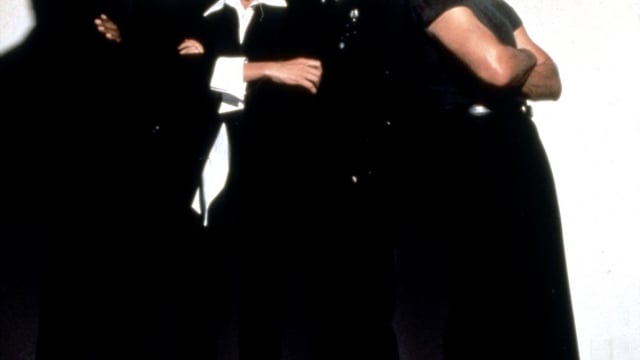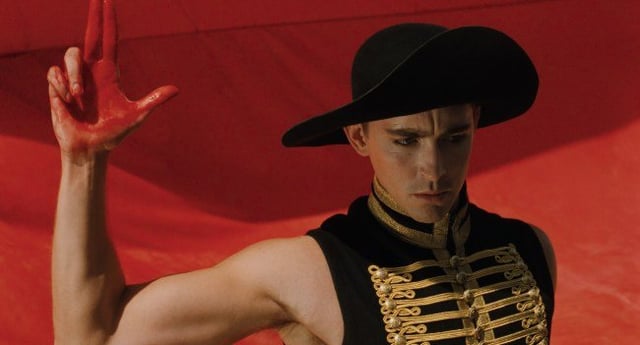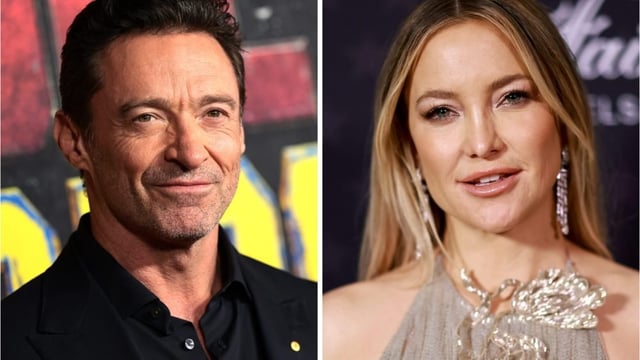
So, here we are, three decades later, and Quentin Tarantino’s “Pulp Fiction” is still popping up like a cockroach after a nuclear fallout. Celebrating its 30th anniversary, the film remains a pop culture juggernaut, and the chatter around it is almost as relentless as Vincent Vega’s dance moves at Jack Rabbit Slim’s.
John Travolta, the man who went from disco king to “I’ll take any role that lets me wear a wig,” is back in the limelight, basking in the glow of his second act. Let’s be clear: without “Pulp Fiction,” Travolta might’ve been relegated to awkward game show appearances and the occasional commercial for adult diapers. His slicked-back hairstyle and soulful expression revived a career that had been lingering in a corner like a forgotten prop from “Grease.”
Then there’s Samuel L. Jackson, who deserves a lifetime achievement award for being the epitome of cool and delivering lines with the kind of gravitas usually reserved for Shakespearean soliloquies. He single-handedly elevated “English motherf*cker, do you speak it?” to a timeless mantra. This film didn’t just save careers; it built them like a master carpenter at a high-stakes home renovation show.
Let’s not forget Tim Roth and Christopher Walken, who effortlessly exemplified the ‘what-the-hell-is-going-on-here’ vibe that envelops the film. Walken’s iconic “The Bonnie Situation” scene? Pure cinematic gold. The kind of moment that makes you stop, rewind, and — if you’ve had a few too many — wonder if you’re dreaming or trapped in a Quentin Tarantino fever dream.
What Tarantino achieved with “Pulp Fiction” wasn’t just a narrative structure; it was a bold, unorthodox tapestry that tows us along a nonlinear path. It’s a cinematic Rubik’s Cube, and anyone trying to piece it together should prepare for a glorious headache. Add in some snappy dialogue and eclectic soundtracks, and you’ve got a recipe for the kind of film that critics and audiences alike can’t help but fawn over.
As we raise our glasses to “Pulp Fiction,” let’s remember it as the film that revolutionized storytelling in cinema — where the mundane became absurdly profound, and every character was a beautiful mess. Cheers to you, Tarantino! Here’s hoping your next cinematic venture is just as delightfully chaotic, preferably with a few more dance sequences and a sprinkling of Samuel L. Jackson’s charm.
As we celebrate the 30th anniversary of *Pulp Fiction*, one can’t help but wonder: in a world where every indie darling feels the need to bear the Tarantino seal of approval, has the film’s influence become a double-edged sword, or simply a rite of passage for aspiring filmmakers? Let’s hear your thoughts—do you think Tarantino’s style has uplifted cinema, or has it shackled creativity to his signature quirks? And while you’re at it, don’t forget to dive into more cinematic delights by checking out our other Movie News stories!
image source




